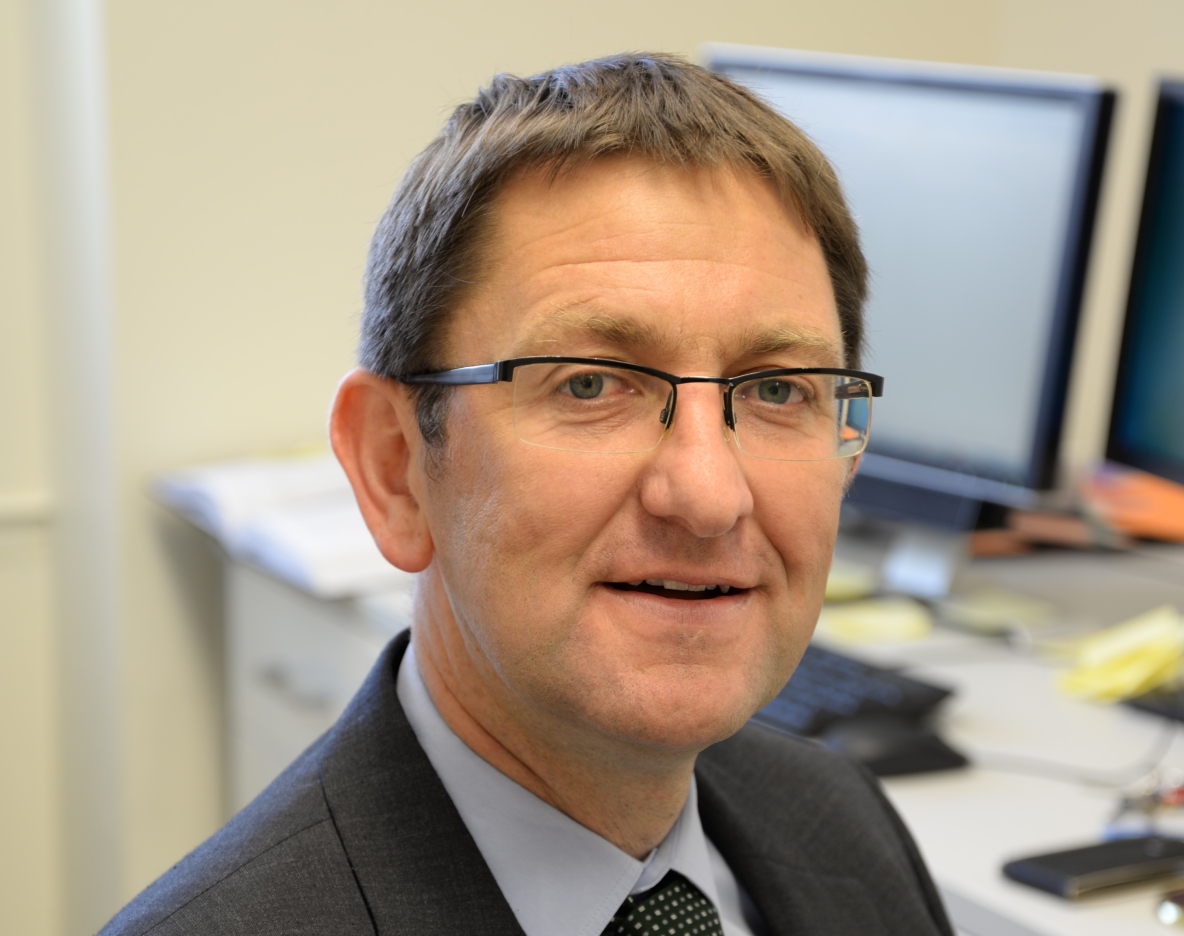
A high-profile University of Limerick academic is take up a key position as president of a prestigious international scientific network.
Professor Eoin Reeves, of the Department of Economics at UL, has been appointed President of the International Scientific Commission on Public Enterprise/Public Services of CIRIEC International, which is the International Centre of Research and Information on the Public, Social and Cooperative Economy.
Professor Reeves is an expert in the area of the economics of public enterprise, public sector reform, infrastructure policy and the public-private mix in public service delivery. This includes issues such as privatisation, liberalisation and different forms of private sector participation in the delivery of public services such as PPPs. He has published over 70 papers and book chapters on these subjects.
Founded in 1947, CIRIEC leads an international scientific network of 750 experts active in public, social and cooperative economy, coming from more than 60 countries.
Its objectives are to undertake and promote the collection of information, scientific research, and the publication of works on economic sectors and activities oriented towards the service of the general and collective interest including public utilities; public and mixed enterprises at the national, regional and municipal levels; the so-called ‘social economy’ – i.e. not-for-profit economy, cooperatives, mutuals and non-profit organisations.
The network is structured around working groups and scientific commissions. Currently CIRIEC counts 15 national sections in Argentina, Austria, Belgium, Brazil, Canada, Colombia, Costa Rica, France, Japan, Mexico, Portugal, Spain, Tunisia, Turkey, Venezuela as well as eight collective members in Chile, Cyprus, Ecuador, Greece, Ireland, Romania, South Korea, Sweden and one observer member.
Professor Reeves said of his appointment: “I am very honoured by my appointment as president of this scientific commission. CIRIEC’s history of supporting public and social enterprise can be traced back to the effort to re-build the European economy after World War II and it continues this support in the face of new global challenges such as climate change and inequality.
“I am looking forward to my new role and UL’s ongoing support in promoting collaboration with international networks like CIRIEC,” he added.